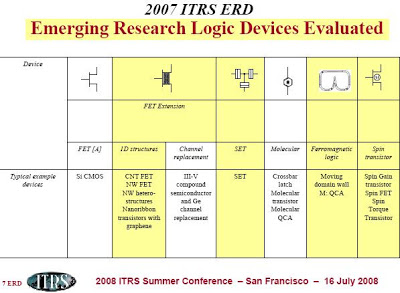HP and Georgia Tech working towards Exascale Computers
Georgia Tech computer scientists are laying the groundwork for exascale machines that will process more than a million trillion – or 10^18 – calculations per second. Karsten Schwan recently received a 2008 HP Labs Innovation Research Award to work with HP Labs, HP’s central research arm, to help solve some of the key problems in …




